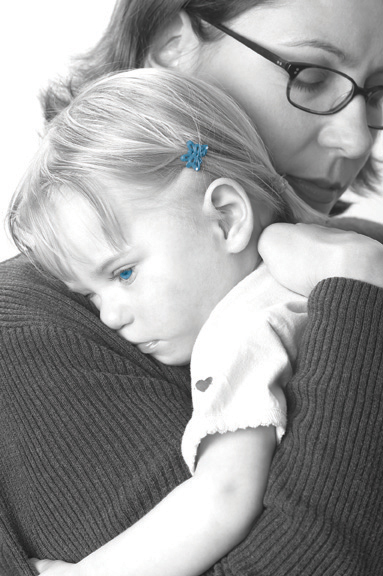What is Parental Alienation?
In 1985 Dr. Richard Gardner (M.D.) coined the phrase “parental alienation syndrome (PAS)”. Dr. Gardner defined PAS as “a childhood disorder that arises almost exclusively in the context of child-custody disputes.” Primarily it is the child’s campaign of denigration against a parent without justification. What is unique from Dr. Gardner’s perspective it that it results from the combination of parental programming or brainwashing and the child’s vilification of the target parent. There is now discussion that is equating PAS as a form of child abuse. This perspective can have some far reaching implications for both the legal and mental health communities. PA Disorder is the new term that has been proposed to the DSM committee for consideration of inclusion in the new DSM-5.
 There is no PA when true parental abuse, neglect or the witnessing of abuse, verbal or physical, is present. The child’s animosity may be justified, therefore, explaining the child’s hostile behavior as a consequence of PA is not applicable.
There is no PA when true parental abuse, neglect or the witnessing of abuse, verbal or physical, is present. The child’s animosity may be justified, therefore, explaining the child’s hostile behavior as a consequence of PA is not applicable.
PA is only applicable when the target parent is innocent and has not exhibited abusive or neglectful behavior; or any behavior that might warrant the child’s vilification. Rather, in typical PA cases the victimized parent is considered to have provided normal and loving parenting. At worst they exhibited minimal impairments in parental skills. PA situations typically demonstrate exaggerated weaknesses and deficiencies. When genuine abuse does exist, then the child’s rejecting behavior is warranted and PA is not applicable.
Parental Alienation (PA), however, refers to a variety of behaviors that may be associated with a child’s alienation from a parent. Children may become alienated because of physical abuse, sexual abuse or both. Emotional abuse by a parent may result in a child’s alienation. Children may also become alienated as because of parental abandonment. Ongoing parental disharmony, especially in the presence of physical violence, may lead children to become alienated. Gardner indicates that children may become alienated because of behavior exhibited by a parent that would be alienating to most people, e.g., narcissism, alcoholism, and antisocial behavior. Impaired or dysfunctional parenting can also cause children’s alienation. A child may be angry at the parent who initiated the divorce, believing they are solely to blame for the divorce situation. There are many other parental behaviors that can produce a child’s alienation, but none of them can be considered PA.
Gardner stated that PAS is characterized by a cluster of symptoms that usually appear together in the child or children. The number and severity of these symptoms are contingent upon the severity of the PAS. The more severe, the more symptoms observed. These symptoms are:
- A campaign of denigration
- Weak, absurd, or frivolous rationalizations for the deprecation
- Lack of ambivalence
- The “independent-thinker” phenomenon
- Reflexive support of the alienating parent in the parental conflict
- Absence of guilt over cruelty to and exploitation of the alienated parent
- The presence of borrowed scenarios
- Spread of the animosity to the friends and extended family of the alienated parent.
Gardner asserts that typically children who suffer with PAS will exhibit most, if not all, of the above symptoms. This is especially true for moderate and severe cases. It is noted that with mild cases, however, sometimes fewer than the eight symptoms will be observed and to a milder extent. Why is PAS being considered child abuse? The potential impact of PAS on a child’s life can be devastating. Included among the effects are an impaired ability to establish and maintain relationships, their self image or self esteem, the evolution of guilt, anxiety, depression over their role in destroying their relationship with a previously loved parent. There are other consequences as well.